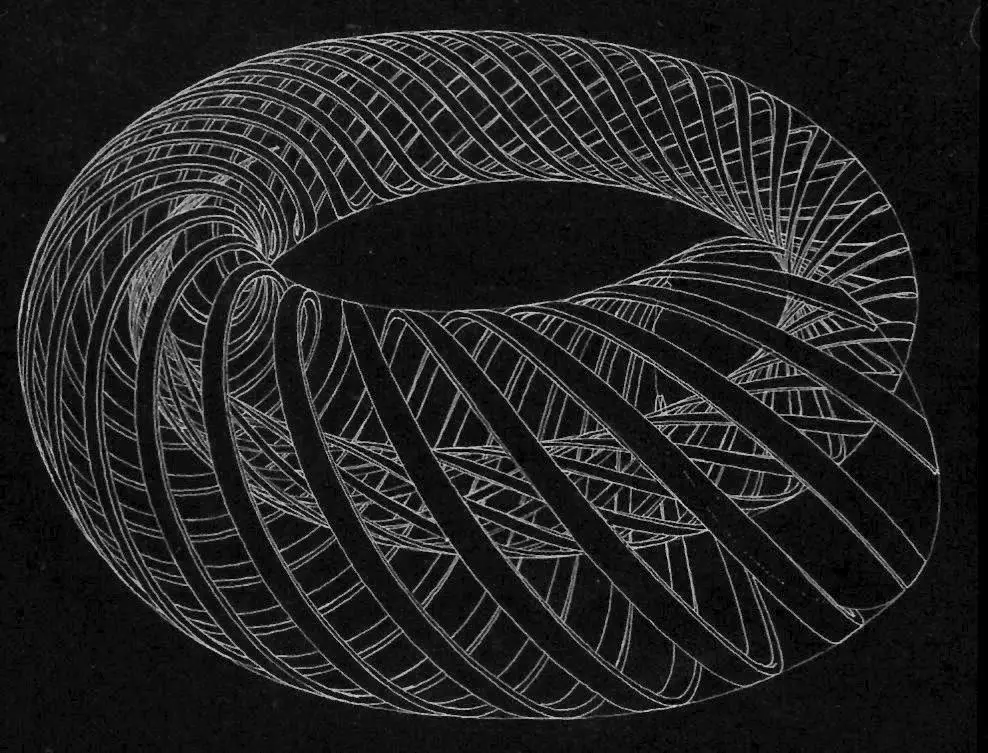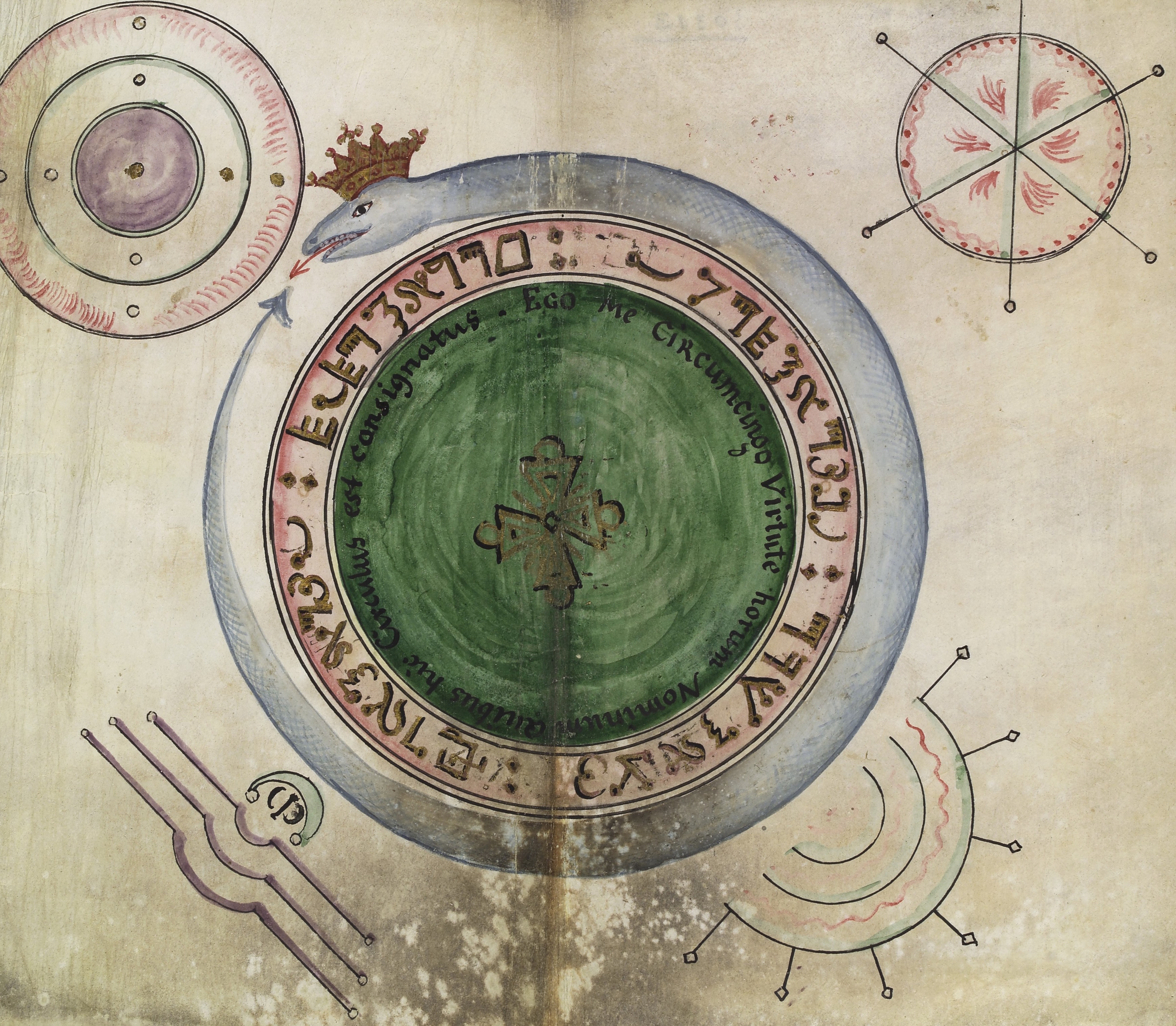Tag: Mahayuga
The doctrine of the Eternal Return of the same: from Berosus to Eliade
di Marco Maculotti
Like the same Nietzsche had to recognize in Ecce Homo, the doctrine of the Eternal Return of the same was inspired by the reading of some philosophers of the Stoic current, in particular Zeno of Citium and Cleante of Ace. However, it is probably up to the Chaldean Berosus the first enunciation reached us in the Western context of the doctrine of the "Great Year" and the Eternal Return: the universe is considered as eternal, but it is annihilated and reconstituted periodically every "Great Year" (the corresponding number of millennia varies from one school to another); when the seven planets come together in the sign of Cancer ("Winterfell", the winter solstice of the "Great Year") a deluge will occur; when they meet in the sign of Capricorn ("Great Summer", summer solstice of the "Great Year") the whole universe will be consumed by fire [Eliade 116-7].


